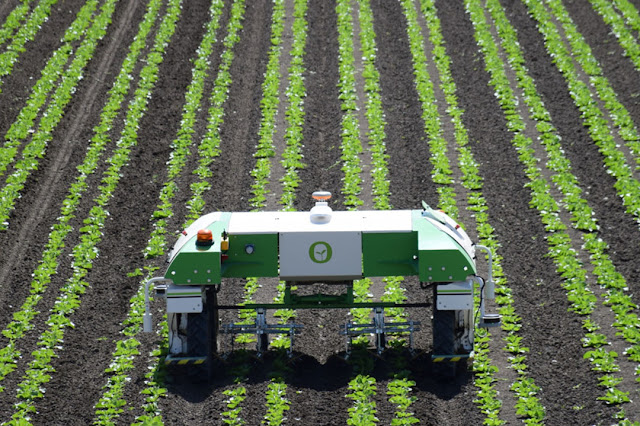Advancements and Controversies Surrounding Genetically Modified Crops
 |
| Genetically Modified Crops |
Genetically Modified Crops, often abbreviated as GMOs, have
been a topic of intense debate and research in recent years. These crops are
engineered using genetic modification techniques to introduce desirable traits,
such as resistance to pests or tolerance to herbicides. The advancements in
this field have led to significant changes in agriculture and food production
globally.
One of the key drivers behind the development of Genetically
Modified Crops is the need for increased food security. With a growing
global population and changing climate conditions, traditional farming methods
are facing challenges such as crop diseases, pests, and environmental stresses.
GMOs offer solutions by providing crops with enhanced resilience and
productivity, ensuring a more reliable food supply.
One of the notable traits engineered into GMOs is pest
resistance. Through genetic modifications, crops like corn, cotton, and
soybeans can produce proteins that are toxic to specific pests, reducing the
need for chemical insecticides. This not only benefits farmers by lowering
production costs but also contributes to environmental conservation by reducing
chemical inputs into the ecosystem.
Furthermore, Genetically Modified Crops can withstand harsh
environmental conditions, such as drought or extreme temperatures. By
introducing genes that enhance water retention or heat tolerance, crops can
thrive in regions where conventional varieties struggle, thus expanding
agricultural possibilities and improving food access in challenging climates.
The adoption of GMOs has also led to advancements in crop nutrition.
For example, genetically modified rice varieties enriched with essential
vitamins and minerals, such as vitamin A or iron, address nutritional
deficiencies in populations relying heavily on rice as a staple food. This bio
fortification strategy has the potential to combat malnutrition and improve
public health outcomes.
However, despite these potential benefits, Genetically
Modified Crops remain a subject of controversy and ethical considerations.
Critics raise concerns about the long-term environmental impact of GMOs,
including gene flow to wild species, development of resistant pests, and
disruption of ecosystems. The use of genetic engineering techniques also raises
questions about food safety and potential allergenicity.
Additionally, the concentration of GMO seed production in the
hands of a few multinational corporations has raised issues of corporate
control over agriculture and farmer autonomy. The debate over labeling GMO
products for consumer transparency and choice further adds to the complex
landscape surrounding Genetically Modified Crops.
In response to these concerns, regulatory frameworks
governing the cultivation and commercialization of GMOs vary across countries.
Some nations have stringent regulations requiring extensive testing and
labeling of GMO products, while others have embraced GMO technology more
openly, citing its potential benefits in addressing agricultural challenges.
Looking ahead, the future of Genetically Modified Crops will
likely continue to evolve with advancements in biotechnology and scientific
understanding. Researchers are exploring new genetic traits, such as enhanced
nutrient uptake, disease resistance, and climate adaptability, to further
improve crop performance and sustainability.
Collaboration between scientists, policymakers, farmers, and
consumers is crucial in navigating the complexities surrounding GMOs.
Transparent communication about the risks and benefits, along with robust
regulatory oversight, can help ensure that Genetically Modified Crops contribute
positively to global food security and sustainability goals.
Genetically Modified Crops represent a significant
technological advancement in agriculture, offering solutions to challenges such
as pests, environmental stresses, and malnutrition. However, ongoing debates
and ethical considerations underscore the need for responsible innovation and
informed decision-making to harness the full potential of GMOs while addressing
concerns about their impact on health, the environment, and society.



Comments
Post a Comment